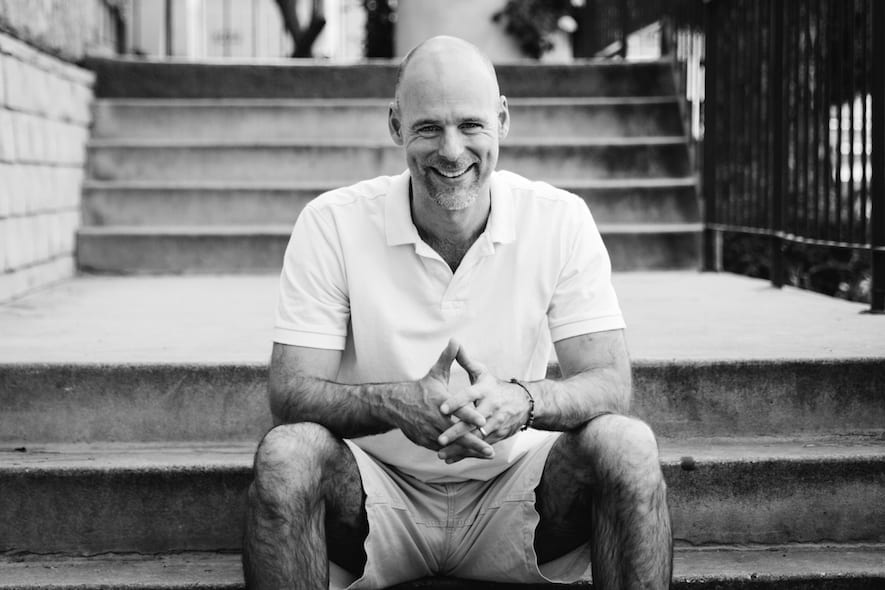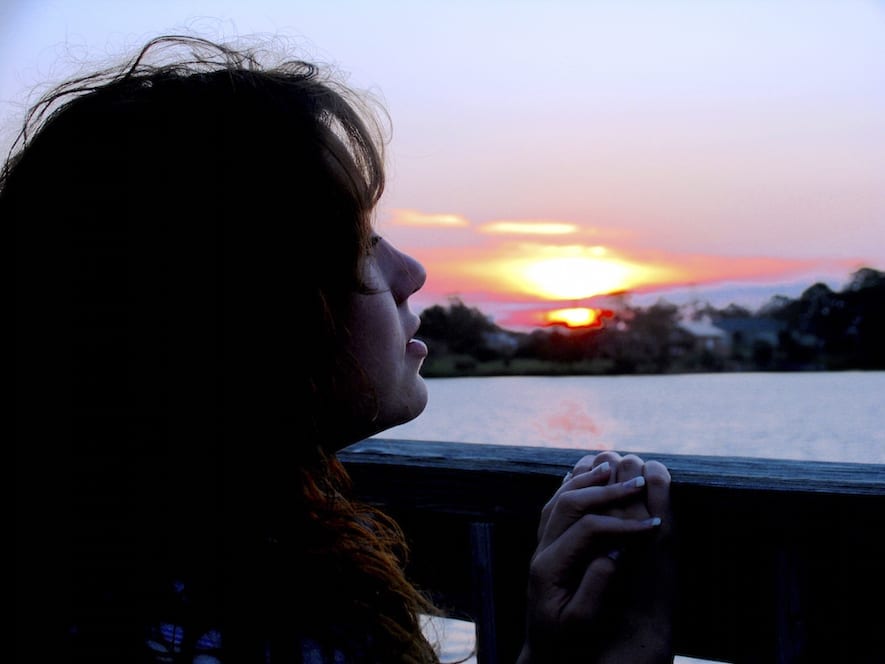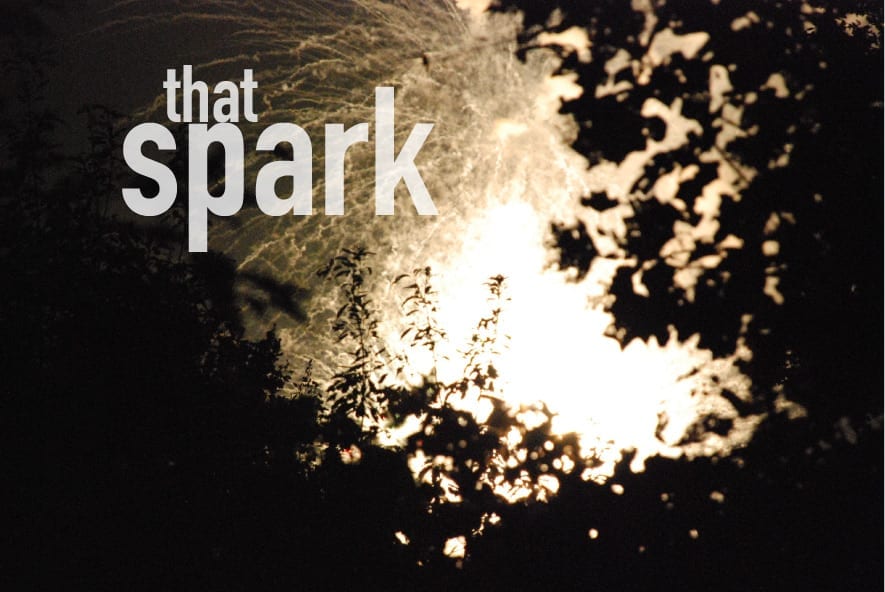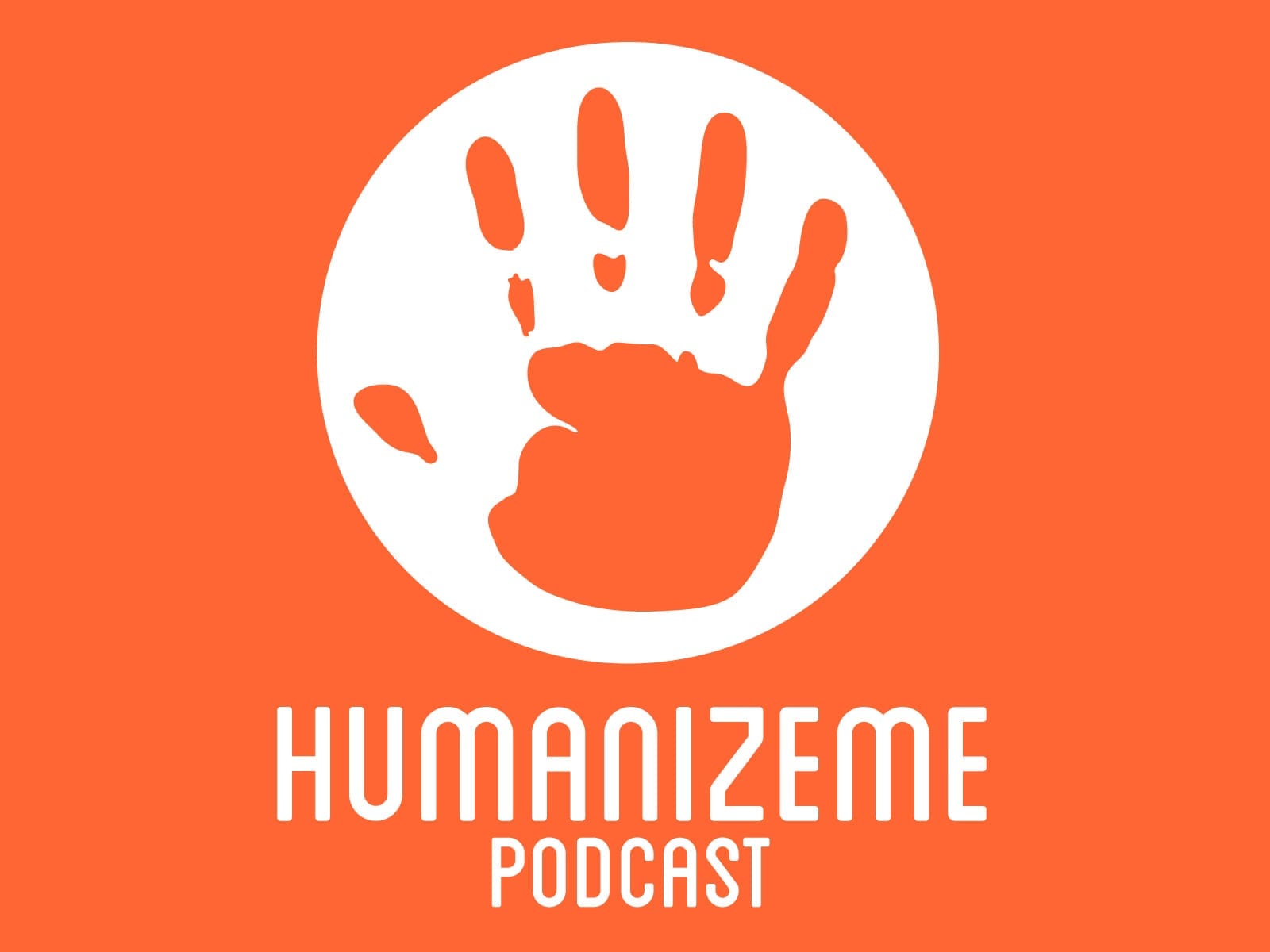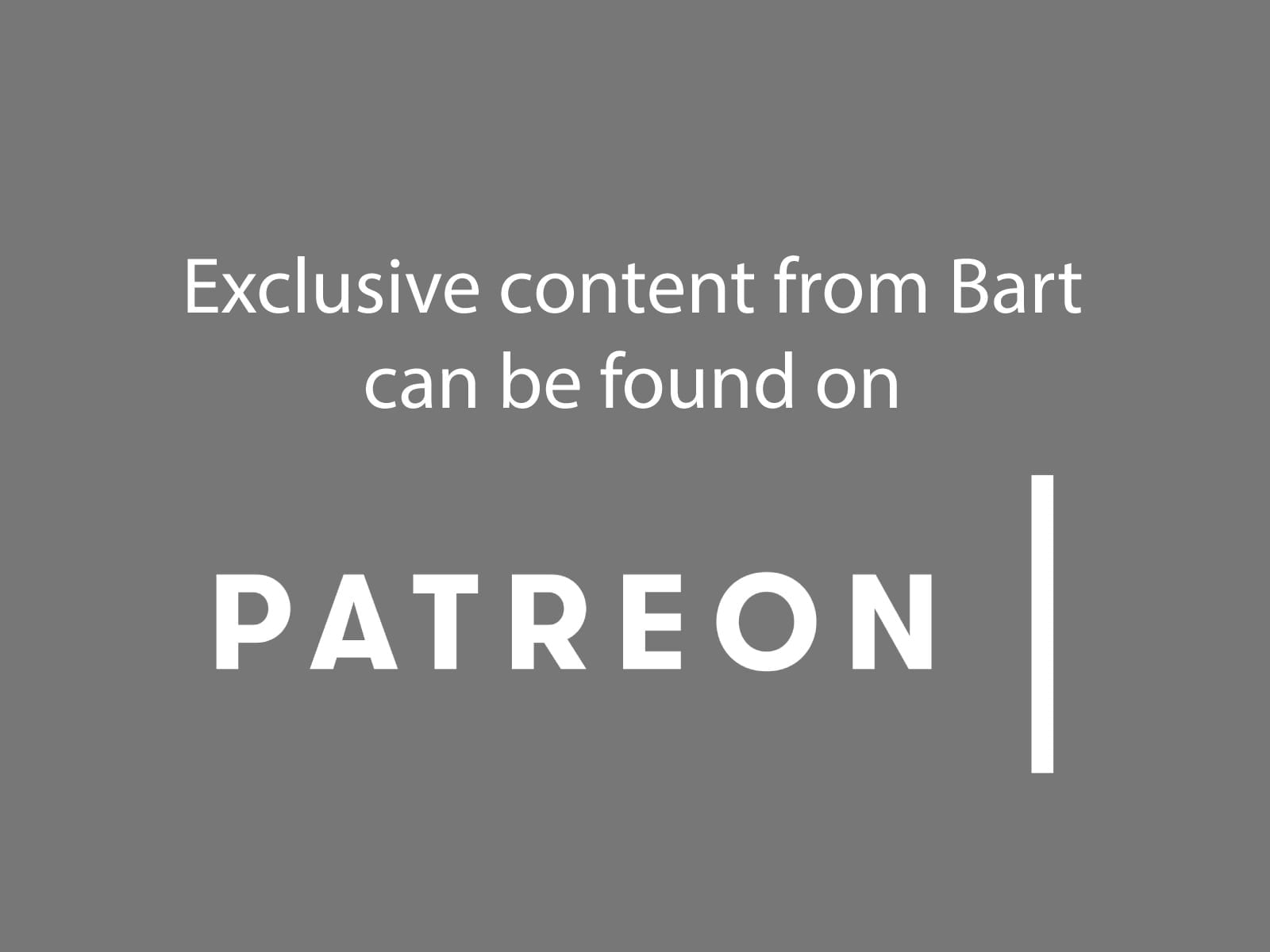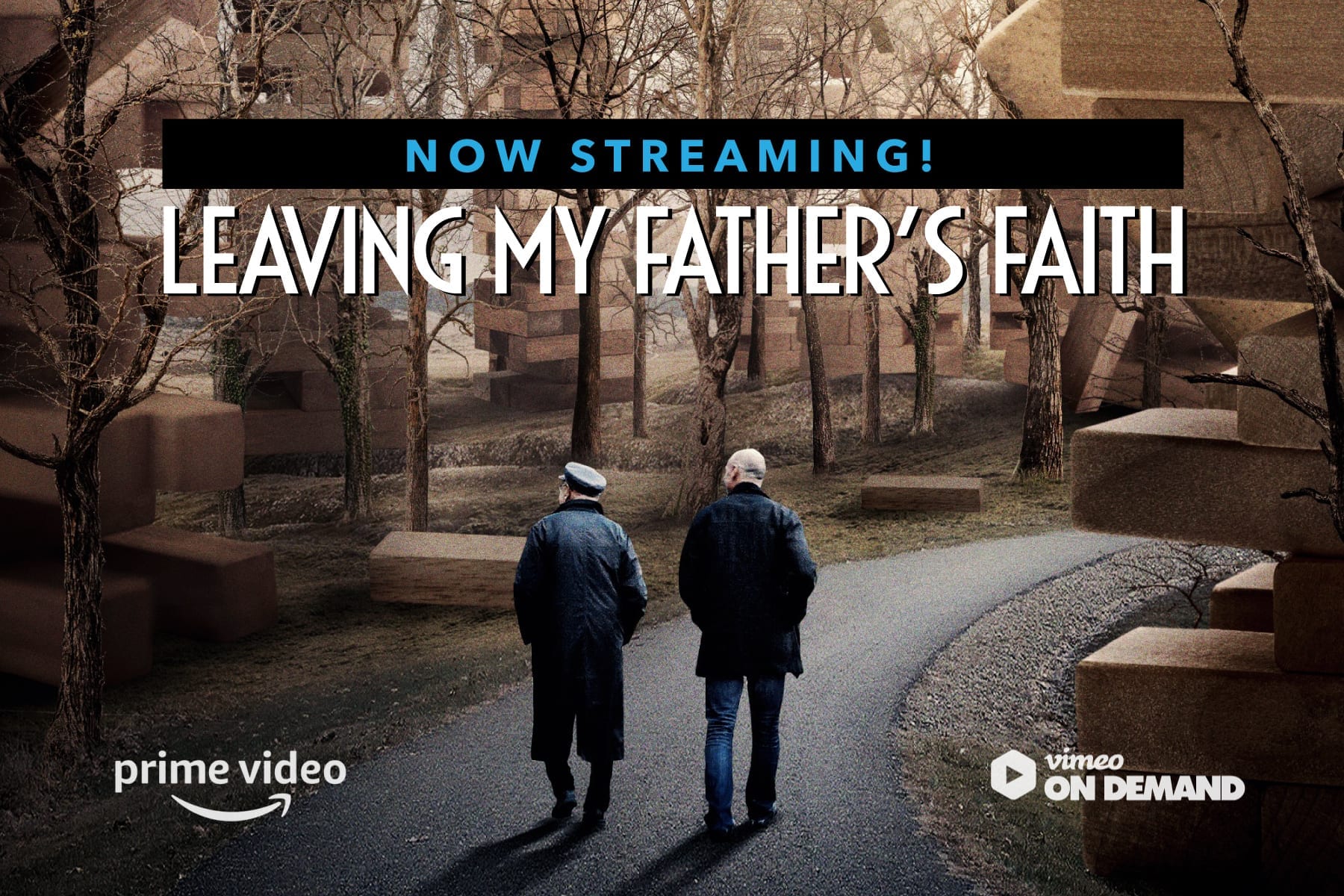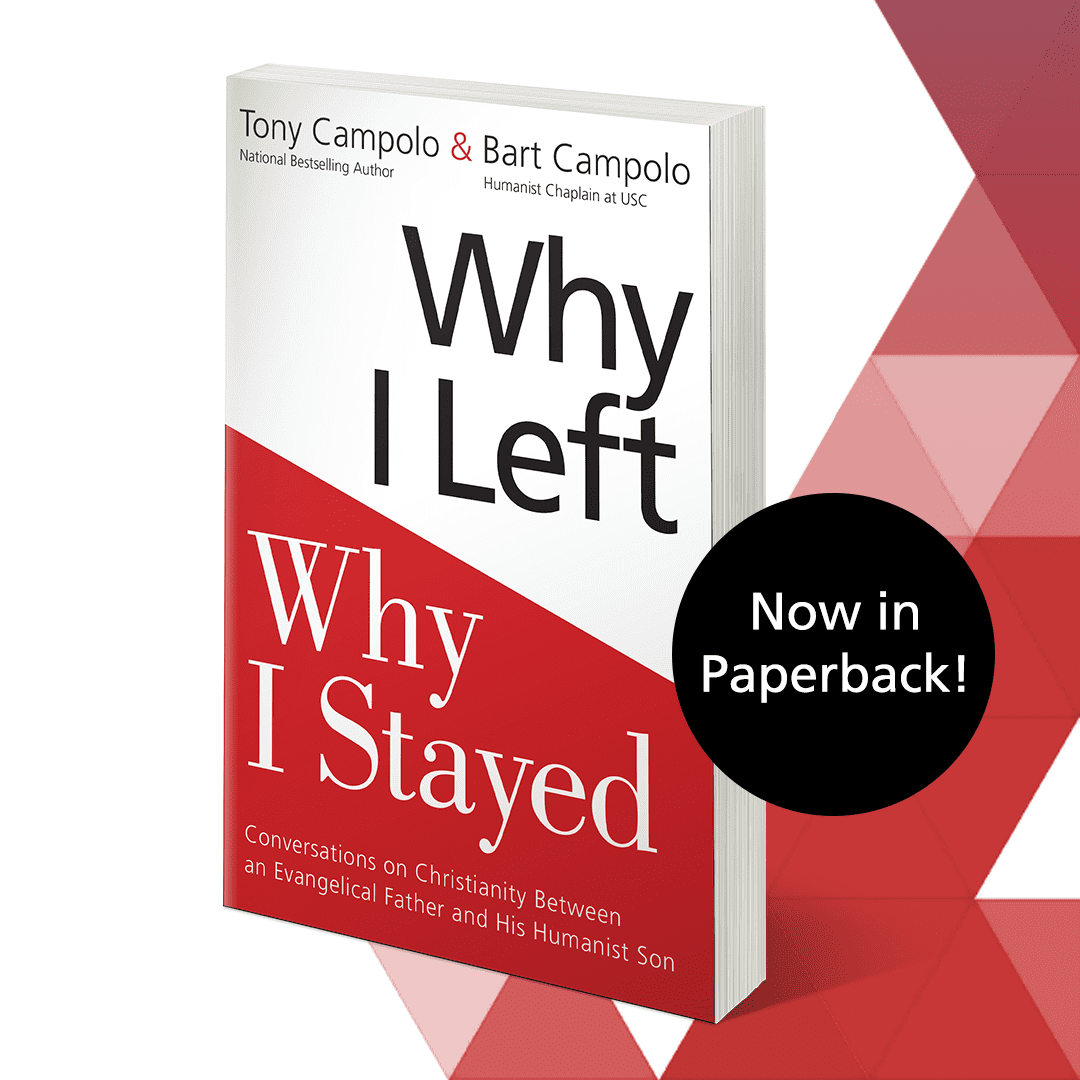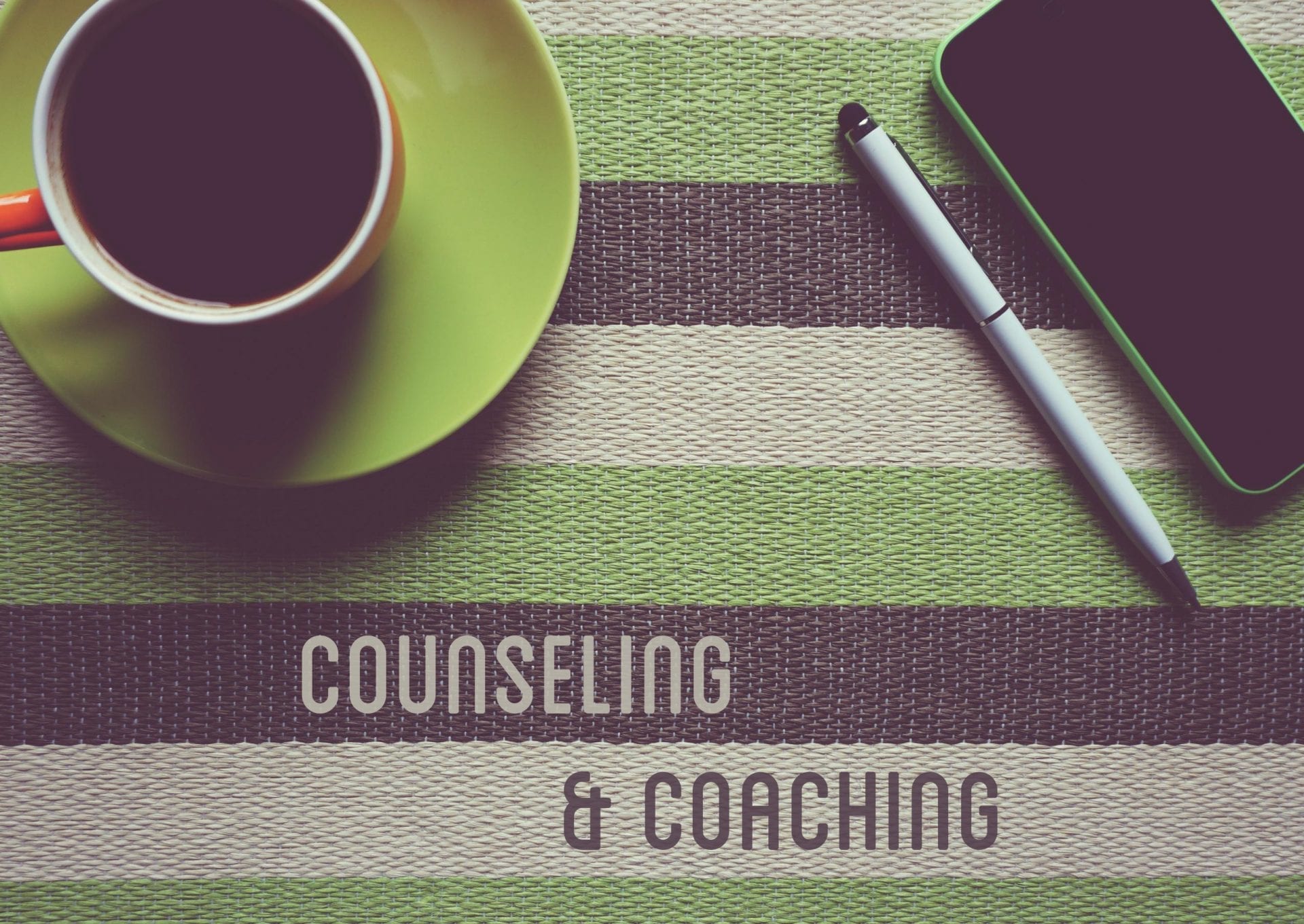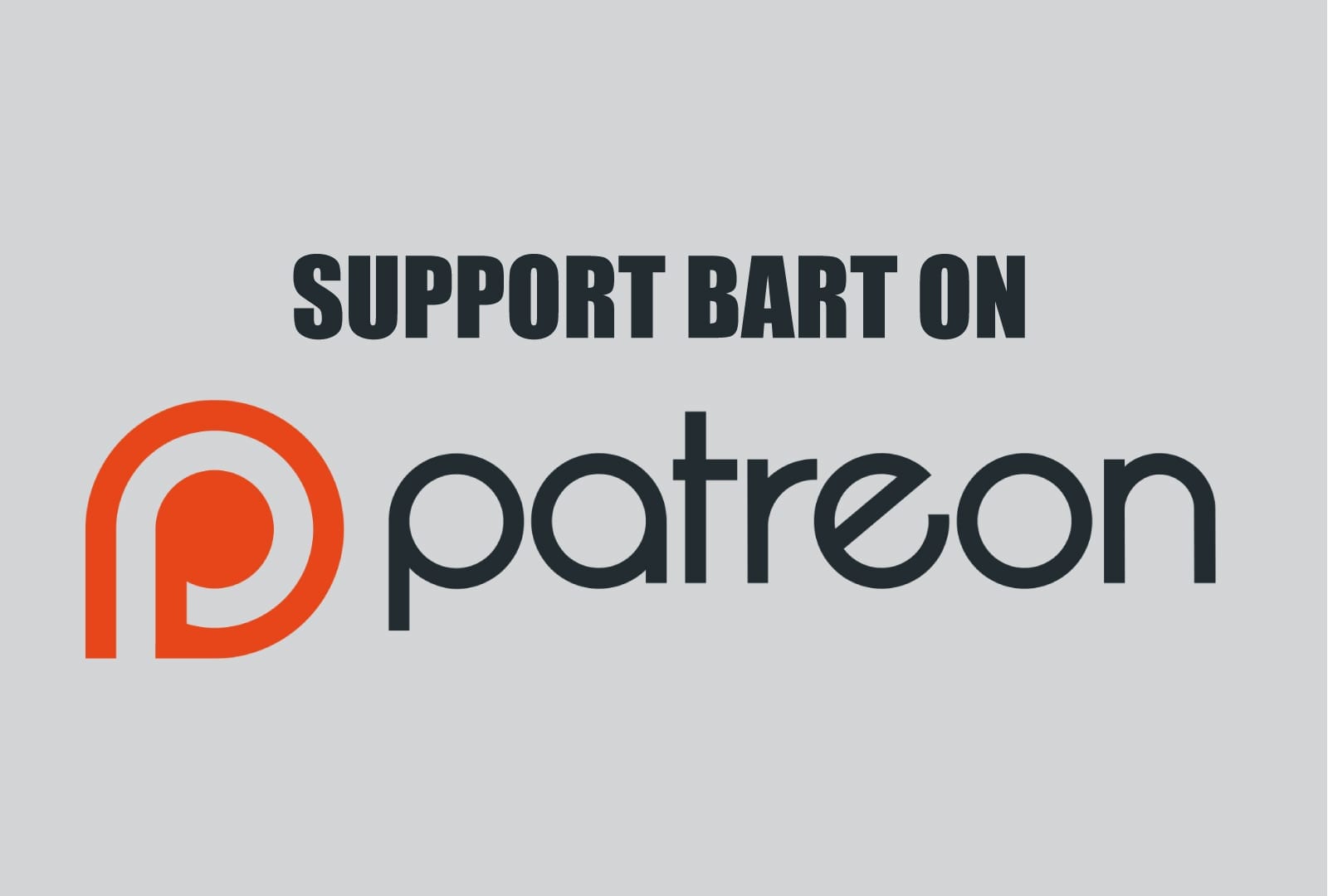Bart’s Blog
On hosting the Sunday Assembly Los Angeles
Dear friends,
In 1893, the centerpiece of Chicago’s World Fair was the White City, fourteen neoclassical masterpieces carefully arranged around a large reflecting pool by architect Daniel Burnham, who knew from the start that the whole thing would be torn down as soon as the fair was over. Certainly Burnham must have been grateful for the opportunity to see his vision work so beautifully in practice, but I’ll bet he hated to see it end, too, and wondered if and when he’d get the chance to actualize it again in a better, more permanent way.
Then again, maybe I’m projecting, since that’s how I’ve been feeling ever since last weekend’s Sunday Assembly in Hollywood, where I finally got to orchestrate a big secular community gathering just the way I wanted…and it worked!
Here’s the story: Two English comedians on their way to a gig started talking about the idea of a church without God, and two years later Sunday Assemblies have sprung up all over the world, mixing what they call ‘the best bits of church’ with pop songs and science to celebrate life in a secular way. Marty and I attended one of those gatherings here in Los Angeles, and afterwards a few Sunday Assembly leaders innocently asked for some feedback. As you can imagine, I proceeded to wear those folks out with my big ideas until they decided the best way to get rid of me was to just let me run a meeting myself.
For starters, Marty and I organized our family and friends – including a bunch of my USC students – to show up early to help set up and, more importantly, greet each and every participant in a warm, friendly way. We had a pianist play upbeat music as people came into the meeting hall, too, and every chair got filled, so the room seemed full. Even before the program started, the positive energy was terrific.
At 11 o’clock Ian Dodd, who helped found Sunday Assembly LA, got up to welcome everyone, introduce me and let people know they might notice a few changes that morning. Then I introduced Maggie Wheeler and the Golden Bridge Community Choir, and the first of those changes became apparent because, instead of pop songs, Maggie quickly got us all singing, “If we want hope to survive in this world today, then every day we have to work on…teach on, march on, and sing on!” in a loud, soulful way. By the time they sat down and Ian returned, it felt like we really were all in this thing together.
The whole program was planned that way. Instead of just announcing the Heal the Bay service project, Ian invited 8-year-old Victoria on stage to read her heartfelt personal invitation, which made everyone want to hug her. Then someone else welcomed all the newcomers to join her for lunch afterwards, before an obviously nervous young man took the microphone to share the touching story of his lonely migration from ultra-orthodox Judaism to secular humanism, and his gratitude for the understanding friendships he’s finally found through Sunday Assembly. By the time we were asked to stand and greet each other, people all had lots to talk about. Then, after the collection was taken, it was my turn to speak.
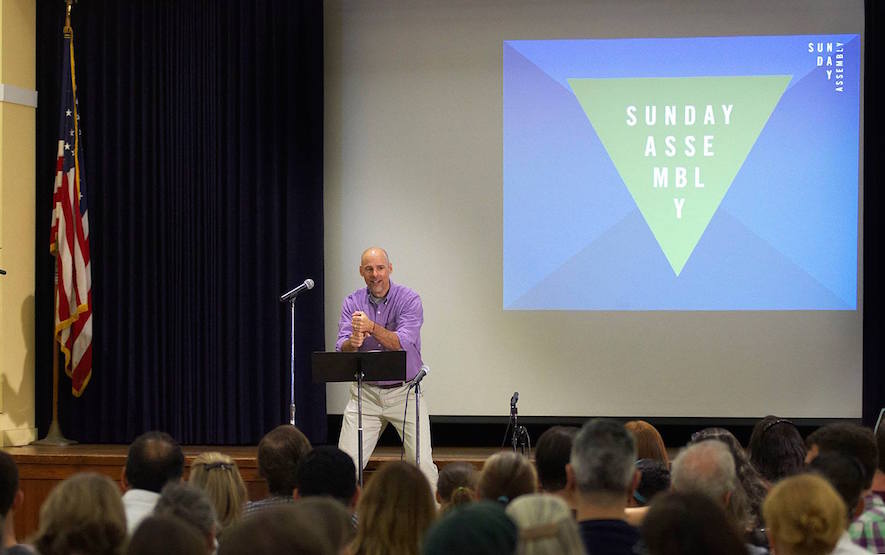
Photo via Sunday Assembly Los Angeles
My talk was mainly about learning to live out our values instead of arguing our beliefs, but honestly, for most of the people in that room, what I said mattered a whole lot less than the way I said it. You see, despite having no remaining supernatural inclinations, it turns out I’m still a strait-up evangelist.
It’s not just because I talk with my hands, tell stories and make jokes. It’s not because I know how to work a crowd, either. No, I’m still an evangelist because I still walk on stage fully convinced that what I’m offering will make your life better, and openly aiming to motivate you in that direction. In other words, I speak with passion, like I’ve got good news. Not surprisingly, that’s a big problem for lots of secular people, even when they agree with everything I say.
I can’t blame them for being suspicious, of course. After all, we’ve all heard way too many phony, absurd, shameful, and exploitative messages from people who sound just like me. The fact that I’m encouraging people to make the most of this life in a rational way – by building loving relationships, doing meaningful work and cultivating a genuine sense of wonder and gratitude – is beside the point. For those of us who have been harmed by it, any kind of emotional manipulation can be deeply troubling.
And yet we go to the movies. We ride roller coasters. We smile when our significant others dim the lights and cue up the slow jams. Strange as it sounds, when we know and trust what’s going on, we actually enjoy being artfully frightened, thrilled, turned on, and even saddened sometimes. Likewise, at weddings, funerals and other ceremonies, we purposely set the stage for true emotions that we know will be good for us.
Frankly, that’s what I was going for with the whole program at Sunday Assembly. My goal was to inspire everyone there to want to build the kind of loving, missional, secular community that can heal broken lives and transform all of us – and especially our children – into better, happier people. I didn’t just want them to think it. I wanted them to feel it in their bones.
I said at the beginning that my event orchestration worked, but really, who knows? Everyone seemed to have a great time together, and more Assemblers than ever stuck around afterwards to chat, but I can’t imagine there weren’t plenty of mixed feelings. Honestly, I have no idea what the leaders of Sunday Assembly will make of our little experiment. All I know for sure is that I got a fleeting glimpse of the humanist community I’ve been dreaming about since I left the church, and the experience was so exciting that I hated to see it end.
Here’s a hopeful thought: Ephemeral though it was, the White City inspired a revolutionary approach to urban planning that transformed great metropolises and smaller towns around the world. Mind you, I can’t guarantee that someday there will be vibrant secular communities positively transforming lives in all those cities and towns, but I will say this much: If there are, I already know what they look like.
Sincerely,
Bart
PS If you’d like to support this kind of community building, just click here to make a donation to the Humanist Chaplaincy of Los Angeles.
On my first year at USC
Dear Friends,
I’ve been the Humanist Chaplain at USC for nearly a year now, and in a few months I’ll be the Humanist Chaplain at UCLA as well. I need to raise money for both those projects, but I’m new to Los Angeles and hardly anyone really gets my idea of building a relational campus ministry to inspire secular young people to make the most of their lives. Nevertheless, after slowly amassing a fairly large collection of potential supporters, I’ve sent you precisely zero letters about what I’m doing here. Seriously, what’s my problem?
I mean, it would be easy enough to describe jump-starting USC’s Secular Student Fellowship by speaking in classes, organizing community dinners, participating in academic forums and public ceremonies, networking with like-minded staff and faculty, and meeting with a steady stream of bright, energetic young people. Or to add that because both my ‘deconversion’ and my new role have been so widely publicized, I’m counseling all kinds of other people about pursuing goodness and building community on the other side of faith.
But none of that stuff captures the heart of what’s happening here.
For that I’d need to tell you a story about this work making a difference in somebody’s life, the way I did when I was an urban missionary. Unfortunately, these days most of my stories are about hyper-connected university students, who would surely discover me writing about them and lose their sense of safety, no matter how carefully I disguised their identifying details.
All I can share, really, are the things we talk about. You know, like their families, their roommates, and their significant others. What they believed growing up versus what they believe now. The meaning of life. Managing stress. What they’re studying and what they hope to do with it once they graduate. Managing anxiety. The origins of the Universe. The meaning of life. How to work for social justice. Sexuality. The meaning of life.
Seriously, my college students talk a lot about the meaning of life, which, strange as it sounds, means I end up talking a lot about the reality of death. Because, after all, for those of us who don’t believe in eternal life, it is only the scarcity of our days which makes them infinitely valuable, and which demands we decide how best to spend them.
Honestly, those conversations are usually great fun, partly because they always lead to the consideration of maximum happiness, and partly because my student friends are so very young. Occasionally, however, we must face together the actual death of a loved one, who suddenly has no more days to decide. In those moments, I often quote these lines of Robert Ingersoll:
The idea of immortality, that like a sea has ebbed and flowed in the human heart, with its countless waves of hope and fear, beating against the shores and rocks of time and fate, was not born of any creed, nor of any religion. It was born of human affection, and it will continue to ebb and flow beneath the mists and clouds of doubt and darkness as long as love kisses the lips of death. It is the rainbow – hope, shining on the tears of grief.
And yet there is one thing of which I am certain, and that is that if we could live forever here, we would care nothing for each other. The fact that we must die, the fact that the feast must end, brings our souls together and treads out the weeds from the paths between our hearts. And so it may be after all that love is a little flower that grows on the crumbling edge of the grave. So it may be that were it not for death there would be no love, and without love all life would be a curse.
I share those obviously antique words because I want my students to feel the urgency to connect, not only with one another, but also with the world around them, and with themselves. And because I want them to start learning to set their grief beside their joy in a place of honor, instead of hiding it away. And because I want to show them that our kind of warm, compassionate, community-building secular humanism is nothing new.
No, the only new thing here is my wife Marty and me, reaching out to secular students at USC and UCLA in an organized, proactive way, and asking you to help. Honestly, as much as we love this work, Marty and I can’t keep funding the Humanist Chaplaincy of Los Angeles out of our own savings. Don’t worry, eventually the young people we serve will graduate and support this chaplaincy because it touched their lives. In the meantime, however, if you value this good work, please make a tax-deductible donation to keep it growing.
Sincerely,
Bart Campolo
An inspiring message at USC
An unexpected benefit of being the only openly secular campus minister at USC was being asked to offer a reading amidst the pomp and circumstance of this year’s Baccalaureate Service. As you can see here the ceremony itself was quite impressive. My reading of my friend Gretta Vosper’s prayer shows up at 14:00, but by far the best part of the evening was Pico Iyre’s inspiring (and equally secular) message, which begins at 31:00. In it Iyre tells a fabulous story about the musician Leonard Cohen on his way to encouraging the rest of us to pursue the fullest kind of life. If you didn’t get to hear a truly inspiring graduation speech this season, here’s your chance.
An email about labels and identity
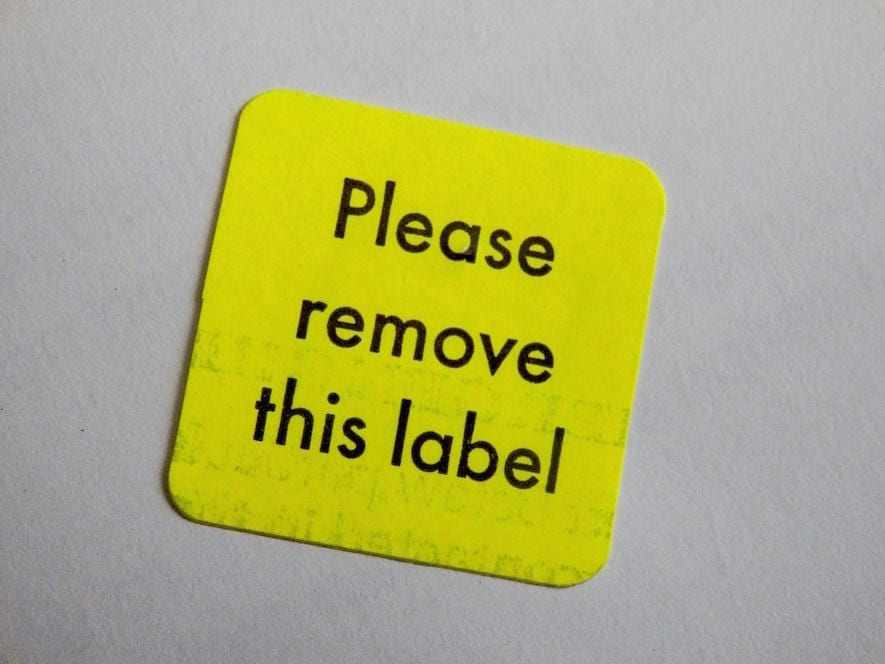 Here’s a recent email from my inbox:
Here’s a recent email from my inbox:
Hi Bart,
I’m a Christian. I left the church two years ago but retained the identity. Now I am not sure I want to be associated with Christians at all. It’s all tied up with the Christian hegemony in my country, frustration with liberal Christians who won’t stand up for justice in case it offends someone…all of that. I am on the verge of giving up the name ‘Christian’. Honestly, I don’t think I understand what that word means any more and I’m tired of insisting on it. But my trouble is that I still believe in god and I still like and identify with the Jesus story.
I don’t know what to call myself if not ‘Christian’. Lots of people think that I shouldn’t worry about having a label, but it’s not really about the word – it’s more about my identity. I wish I could call myself a secular humanist or an atheist, but I’m not either of those things. Just wondering if you had any ideas. It’s kind of a lonely place when you don’t have a language to speak of yourself.
Hope you are well!
Laurie
Dear Laurie,
I don’t know what you’ve read or heard about me, but here’s a paragraph I often use:
“I call myself a secular humanist these days not because I’m angry or fed up with the Church, but rather because I don’t want to confuse all those folks who no longer can or never could believe in supernatural forces, but still want to pursue goodness as a way of life. Such people have very few spiritual leaders, so I’m just trying to let them know where they can find one. That said, I’m still grateful for Christianity, since that’s where I learned almost everything I know about love. In that way, I’m still a Christian, since that’s where I come from. Just as I no longer live in Philadelphia, but still speak with that accent and love the Eagles, I’m proud of where I came from spiritually and I still root for the best kinds of Jesus followers. I know lots of those folks are praying for me these days, and I’m grateful. In fact, believe it or not, I still pray myself. I don’t think there’s anyone out there listening, but I know for a fact that there’s something about expressing our gratitude and articulating our deepest, most positive desires that makes us better people and changes our world by extension.”
What I left out, of course, is that I’m disappointed when the people who still live in my hometown (or my home religion) embarrass themselves by acting backwards or failing to live up to their highest ideals. The difference between you and me, I think, is that I no longer feel any sense of responsibility for their behavior or any sense of agency when it comes to changing it, which means I don’t feel angrily frustrated about the overt wrongdoing or self-destructive tendencies of Christians, especially when those behaviors flow directly from their supernatural beliefs. Just sad, because I understand that they truly can’t help themselves. None of us really chooses what we believe, after all.
In your case, it seems to me that the person you need to make peace with is God (or god, if you’ve lowercased your deity to suggest some lesser capacity), who ostensibly is responsible for clearly communicating with both you and your fellow Christians, and empowering you to both understand and follow the presumably singular path of Jesus. Trust me, I’m not poking at you or your faith, but rather am seriously suggesting that you need to figure out what you think God can and can’t do in this world, and why exactly you think that.
You then need to decide whether you merely like the Jesus story (as I do) or are convinced that it actually happened in a way that makes Christianity and its Bible uniquely relevant. You can still be a kind of Christian even if you think the story is entirely symbolic, but that route is often more about loyalty to old friends and nostalgia for fading traditions than it is about helping to forge the spiritual future of humanity.
If you believe in a personal God who even occasionally intervenes in the affairs of humanity, and if you believe that Jesus (whether the man or the story) is among the most important of those interventions, then you are indeed still a Christian, albeit a deeply frustrated one who is embarrassed by and alienated from her own tribe. Concocting another word will only confuse you and the people you try it out on.
If the words God and Jesus are merely your placeholders for Meaning and Intentional Human Goodness, however, well then…I think you’re with me. Which is both harder – you have to work out a new way of life and help build a new kind of community – and easier – you can replace your anger at the Church with compassion – at the same time.
I hope that’s helpful.
Warmly,
Bart
A secular prayer
Last week it was my honor to participate in USC’s baccalaureate service. Thrilled as I was to be included, I was a bit nonplussed when Dean Soni asked me to offer a Scriptural Reading. After all, we secularists have no holy books. While most of my interfaith brothers and sisters consider their favorite texts holy because of who wrote or inspired them, for us words only become sacred if and when they accurately describe something of ultimate value and supreme importance. Thankfully, my friend Gretta Vosper supplied me with this secular prayer, which beautifully fit into Dean Soni’s overall theme of mindfulness.
Easy then, the line clear and well-defined;
“wrong is wrong” and “right is right”
divided the choice of our youth with simple precision.
But now, intricacies we do not understand underscore our complicities,
and the line has grown faint.
Where shall we set ourselves now, bow our heads to pay our dues,
or is penance even possible?
May we welcome moments of reflection, that expose to us the truths of who we are,
not for the “strengthening of character” they might bring
but simply for our coming to know the tangled wonder of our inner selves.
Such knowledge is hard to find.
Into our reflection, we peer at who we are
and as we gaze at ourselves – study the lines, colours, curves of our own faces –
we miss entirely who we really are.
It is as though a layer of imperfection distorts the glass,
hiding our true selves even from eyes yearning to see.
It is as though we were masked, hidden within the projection of what we should see.
May we learn to comprehend beyond the transmission of our optic nerves,
grow senses that might find us out and touch, feel, listen for
the truths of who we are.
And when we find them, may we wrap them once again in our own holiness,
which is our love.
As those able to cherish the unfolding moments of our lives, we pray,
Amen.
A mission spark without faith
I’ve corresponded with lots of ministry-minded people who have lost their faith, many of whom once were or still are church pastors. What these good folks fear most about going secular is losing the privilege of reaching out in love to hurting people, or the urgency to do so.
Here’s a question from one of them:
After nearly five years away from the church I am just beginning to feel the spark of mission again. During that time I have not actively pursued anything ‘spiritual’, but I notice that I am always moved to my core by any and every expression of selfless love, which leads me to wonder if such love is my real god. Clearly you have found plenty of life and meaning and ministry on the other side of supernaturalism, but do you ever wonder if that ‘mission spark’ we share is just an old Christian tape playing in our heads?
Here’s my reply:
Nah, that spark is no Christian tape! On the contrary, that spark happens when your compassion for needy people get mixed up with your desire to ensure the future of our species (including your own genes, of course), both of which are wonderful, natural instincts that make me grateful for evolution, not to mention life itself. Indeed, I’m fairly certain it was that spark that inspired our ancestors to invent religion in the first place, not the other way around.
We human beings are meaning making machines and throughly social animals. Our desire to form circles of trust and then work and even sacrifice ourselves to make those circles thrive is as basic to our identities as our desires for food and sex. So then, in this moment at least, don’t look back. Instead, enjoy the instinctual dignity of your calling!
And here’s my invitation: Feel free to write to me yourself, especially if you’re trying to sort out a new mission in life. I love that stuff!
